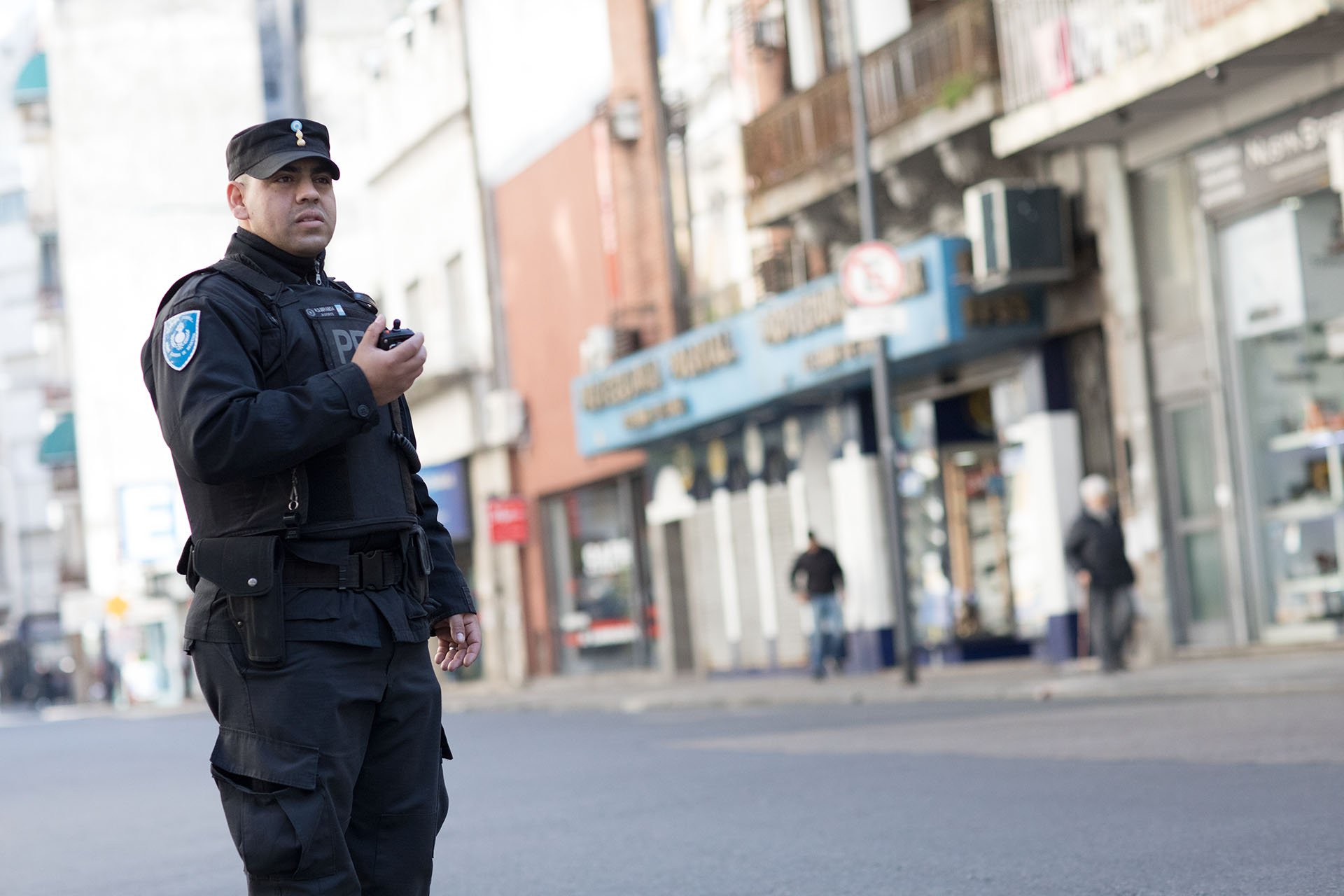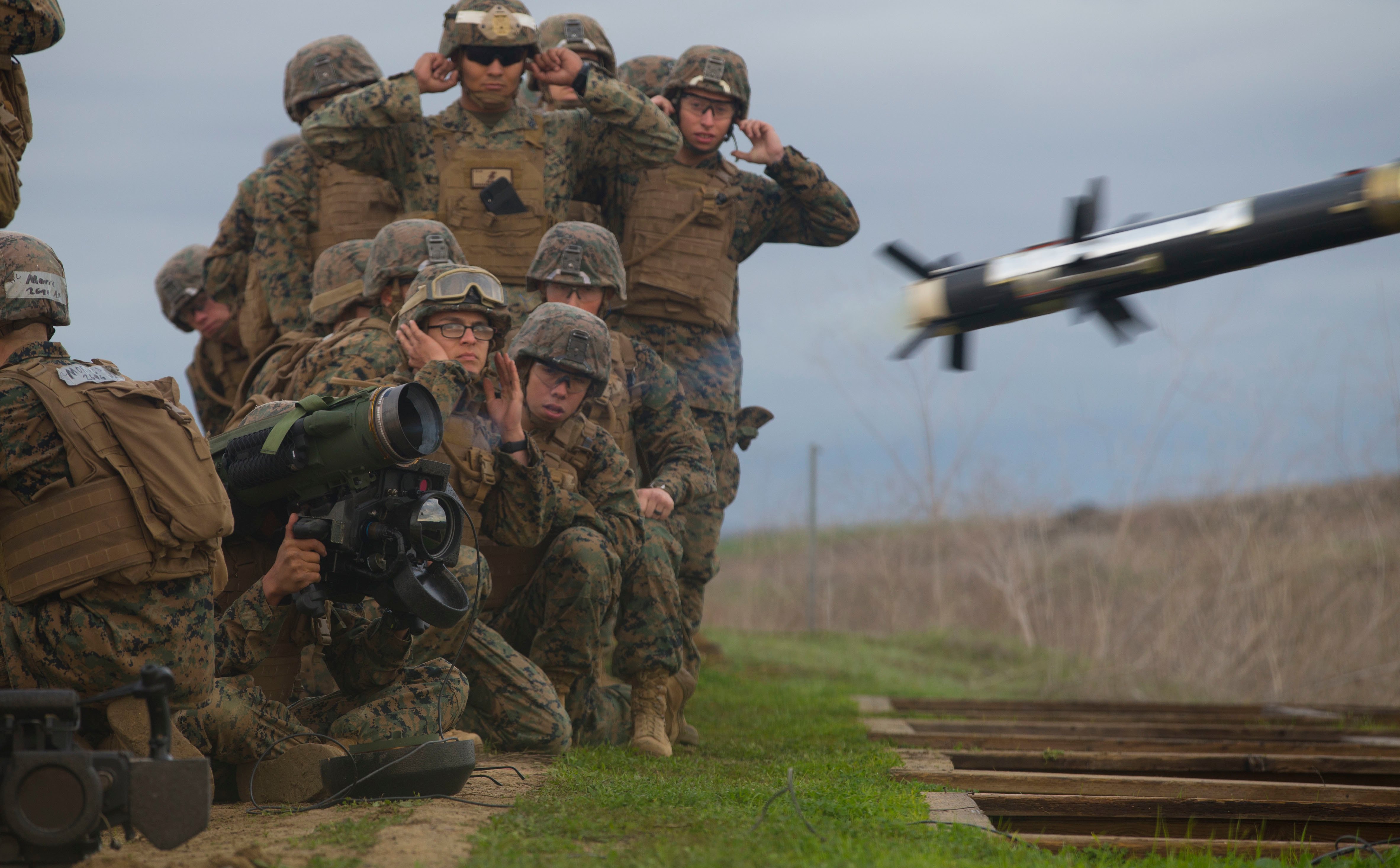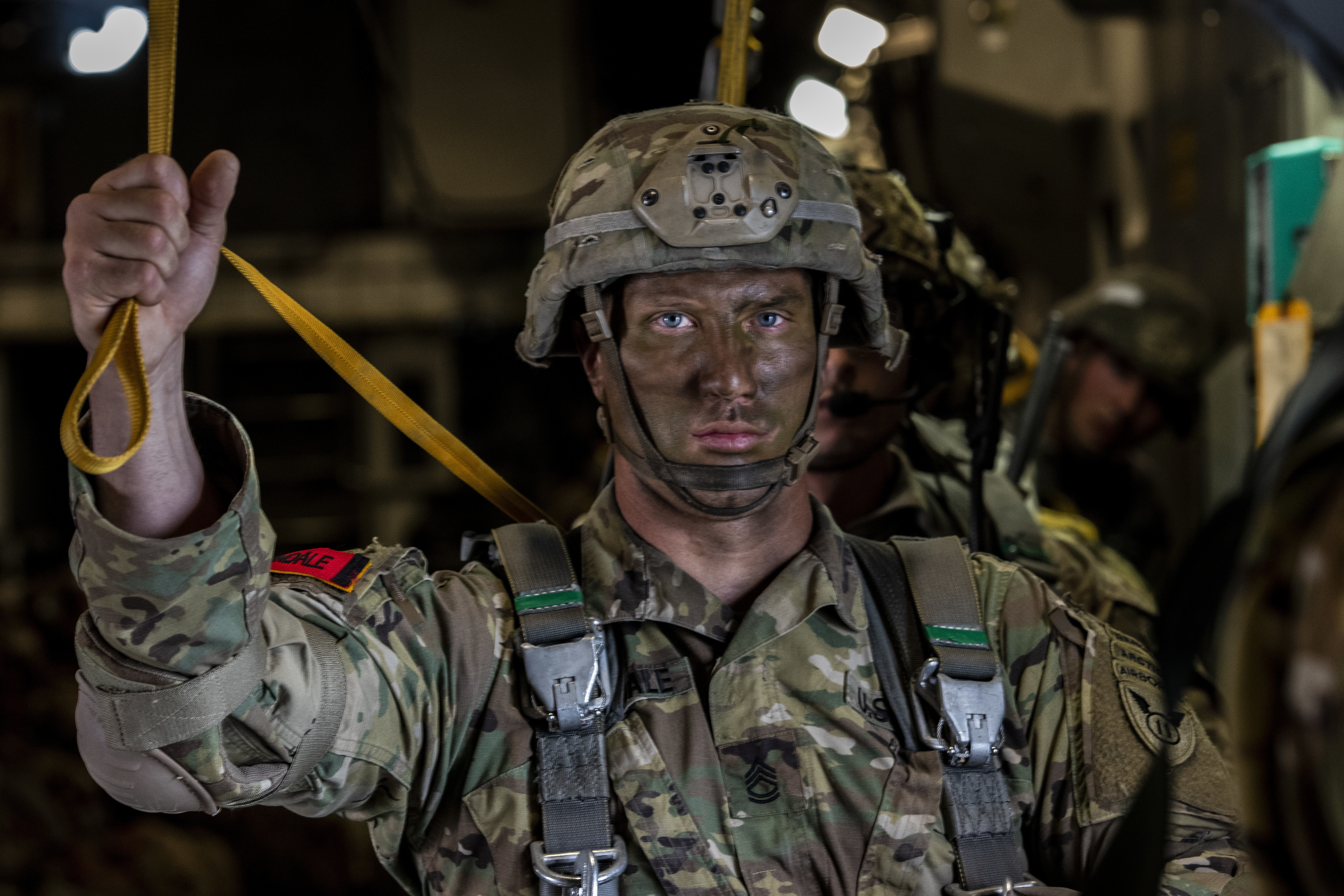Charlie Military Meaning - You must have come across these words, 'Alpha' 'Bravo' 'Charlie' while watching movies based on war/military action or while playing certain war games.
In this article we will provide you with information on this matter, so that the next time you come across such words, you will be able to understand things in the right perspective.
Charlie Military Meaning
During military operations, different units of the army are stationed in different places. These units are constantly communicating with each other to share updates on enemy movements or any developing situation. This communication is carried out through a satellite phone.
Jane Fonda Urinal Target
In most areas where military operations take place, the satellite's signal strength is weak. This affects the quality of speech in communication and many words with similar pronounced letters, such as "B" and "P", can be confused. It can change the meaning of the word, which can completely change the meaning of the message. During military operations, when it is a matter of life and death, such miscommunication or unclear communication can be fatal. This is how a complete phonetic alphabet developed, where each letter is marked with a word that remains common to all its users.
So the phonetic alphabet was also used in the aviation sector. However, some words didn't come out right. Thus, in 1955, the International Civil Aviation Organization published a booklet containing the correct pronunciation of each word. This article is about alphabetical lists of words used in military radio communications. For lists of other agencies, see the spelling alphabet. For the visual representation of speech sounds, see Phonetic notation. For other uses, see Phonetic alphabet.
The Allied Military Phonetic Spelling Alphabet established the words used to replace each letter of the alphabet when spelling other words out loud, letter by letter, and how the spelling words should be pronounced for use in World War II. . They are not a "phonetic alphabet" in the language where the term phonetics is used, so they are not a system for transcribing speech sounds.
The Allied armies - mainly the US and the UK - had their own radio-telephone alphabets that originated in the First World War and developed separately in the different services of the two countries. Special alphabets were established for communication between different countries and different services.
Allied Military Phonetic Spelling Alphabets
The latter World War II spelling alphabet continued in use during the Korean War and was replaced in 1956 when both countries adopted the ICAO/ITU Radiotelephone Spelling Alphabet, with NATO members calling their use the "NATO Phonetic Alphabet".
NATO Phonetics and Morse Code from the US Navy Training Manual 3 and 2, 1996. This chart combines the ICAO International Spelling Alphabet and the ITU International Morse Code.
During World War II, the Allies established a terminology to describe the scope of communication procedures between different services and countries. A summary of the terms used was published in a NATO memorandum after World War II:
:max_bytes(150000):strip_icc()/Military-List-of-Call-Letters-3356942-final-d45fc5e75f9a493cbafd334766c98af6.png)
Thus, the Combined Communications Board (CCB), established in 1941, established a spelling alphabet that was authorized for use when any branch of the US military was communicating with any branch of the British military; when operating without any British forces, the Joint Army/Naval Spelling Alphabet Approved for use whenever the US Army and US Navy engaged in joint operations; If the US military was acting alone, it would use its own spelling alphabet, where some letters were the same as other spelling letters, and some were completely different.
Phonetic Letters In The Nato Alphabet
The United States and Great Britain began harmonizing their military reading alphabets during World War II, and by 1943 they had settled on a simple communication system known as the CCB. Both countries had previously independently developed alphabetic naming systems dating back to World War I. Later, In 1947, the ICAO adopted this World War II-era letter designation as a standard.
After NATO was founded in 1949, they began to change. An alternative name for the ICAO spelling alphabet, the "NATO Phonetic Alphabet", exists because it appears in the Alliance's tactical publication ATP-1, Volume II: The Naval Signal and Maneuver Book of The alliance used by all NATO navies, which adopted a modification of the International Code of Signals. Since the latter allows messages to be spelled out using flags or Morse code, it naturally called the code words used to spell out messages by voice "phonetic alphabet". The name NATO The phonetic alphabet spread as the signals used to facilitate naval communications and NATO tactics became global.
However, the ATP-1 is designated NATO Secret (or lower NATO Restricted), so it is not available to the public. Nevertheless, NATO's unmarked version of the document is provided to foreign, even hostile, militaries, although they are not allowed to make it publicly available. The spelling alphabet is now defined in other unclassified international military documents as well.
The NATO alphabet appeared in some United States Air Force publications in Europe during the Cold War. A particular example was the Ramstein Air Force Base telephone book published between 1969 and 1973 (now out of print). The US and NATO versions differed , and the translation was provided as a warning. Variations included Alpha, Bravo and Able, Baker for the first two letters.
Defense Ready Condition Levels (defcon)
The NATO phonetic alphabet was first adopted on January 1, 1956, while the ICAO radiotelephone alphabet is still in its final revisions.
The RAF Radiotelephone Spelling Alphabet, sometimes referred to as the "RAF Phonetic Alphabet", was used by the British Royal Air Force (RAF) to aid communication after the introduction of radio, particularly for spelling aircraft identification letters, e.g. "H for Harry", "G for George" etc. An alphabetic number was used before being replaced by the NATO/ICAO radiotelephony alphabet.
A Supermarine Spitfire Mk Vb of the Polish Kościuszko Squadron 303 showing the RAF squadron code "RF" of 303 Squadron and the single aircraft letter "D" which would be a spoke, D-Dog

US Army World War I instruction sheet, Seca edition, with spelling alphabet for telephone and radio use
Us, Coalition Forces Ready To Ensure The Enduring Defeat Of Isis In 2018 > U.s. Central Command > News Article View
During World War I, battle lines were often static and forces were usually linked by landline telephone networks. Signals were weak on long wires, and field telephone systems often used a single wire with a ground, making them subject to accidental and intentional interference. An alphabet of letters was introduced for both landline telephony and newer radio speech devices.
The British Army and Royal Navy developed completely separate spelling alphabets. The Navy's system was a full alphabet starting with: Apples, Butter, Charlie, Duff, Edward, but the RAF's alphabet was based on the "signal" alphabet of the Army's signifiers. It was not a complete alphabet, but distinguished only letters that were not often understood: Ak (originally "ak"), Bar (or Bar), C, D, H, F, C, H, Y, Y, K , L, eMma, N, O, Pip, Q, R, eSses, Toc, U, Vic, W, X, Y, Z.
By 1921 the RAF "Telephone Spelling Alphabet" had been adopted by all three armed services and became mandatory for UK civil aviation as announced in RAF Notice No. 107.
In 1956, the NATO phonetic alphabet was adopted due to the RAF's extensive commitments to NATO and the global sharing of civil aviation capabilities.
Police And Military Phonetic Alphabet Codes Language Of Leos
A The choice of nuts after the monkey is probably [citation needed] from "monkey nuts" (peanuts); Also, an orange and Pip can be paired in a similar way as in "Orange Pip". b "Vic" then used surf language as the standard three-plane "Vee" flight pattern.
The US Navy's first phonetic spelling alphabet was not used for radio, but was used aboard ships "in reading flags to be flown in the letter". Two alternative alphabets were used that were almost completely different from each other, with only the code word "Xray" in common.
The first US Navy phonetic spelling alphabet for radiotelephony was published in 1913 in the Naval Radio Service Regulations Manual developed by Captain William H.G. Bollard. The procedures in the manual were described in the November 1917 issue of Popular Science Monthly.

The Joint Army/Navy (JAN) spelling alphabet was developed by the Joint Commission on 13 November 1940 and became effective on 1 March 1941.
Military Terms, Military Jargon, Slang
After the US trance to World War II, it was reformed by the CCB Committee on Methods and Procedures,
And was used by all branches of the United States Armed Forces until its replacement, the ICAO spelling alphabet (Alpha, Bravo, etc.), was announced in 1956. Prior to the JAN phonetic alphabet, each branch of the armed forces used mine. Radio alphabet, causes difficulties in inter-branch communication.
The US military used this alphabet in a different form, along with the British and Canadian armies from 1943 onwards, with "sugar" replacing "sail".
The JAN spelling alphabet was used to name storms in the Atlantic basin during the 1947 to 1952 hurricane season before being replaced by a new system of using female names.
How News Coverage Of Russia Ukraine War Exposed Racist Bias
Remnants of the JAN spelling system remain in use in the US Navy in the form of materiel readiness conditions used for damage control. Dog, William, X-Ray, Yoke and Zebra all refer to accessories,
Military alpha beta charlie, was charlie daniels in the military, alpha bravo charlie military alphabet, charlie military, military alpha bravo charlie, charlie kelly military jacket, military alpha bravo charlie delta, charlie day military jacket, military movie with charlie sheen, military alpha bravo charlie delta echo, alpha beta charlie military alphabet, military code alpha bravo charlie


0 Comments